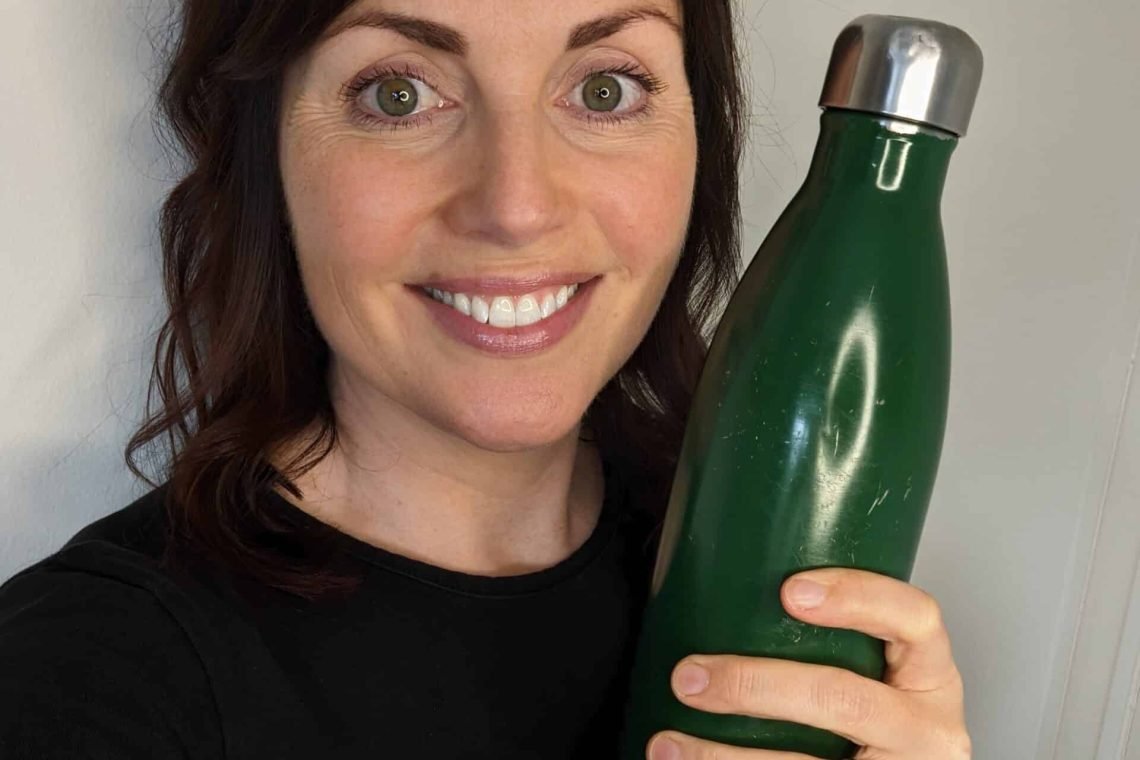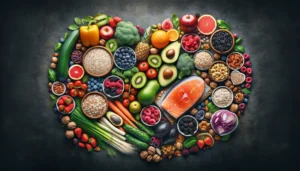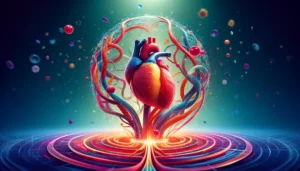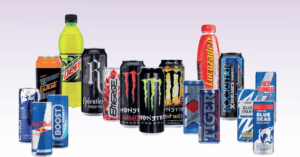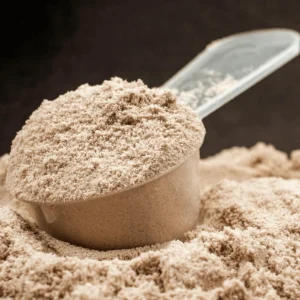Water is the largest single component of the body. The percentage of our body that is water is at its highest at birth and reduces with age. When we’re babies, we’re 75-85% water. Then as we get older, this reduces. Leaner people tend to be about 60-70% water while those with extra body fat will be 45-55% water. This is because active cells like muscle cells contain more water.
Consequences of dehydration
Our body strives for a stable internal environment. Water intake and water loss need to be tightly balanced. Water is needed to maintain body temperature and blood volume, to transport nutrients, as well as to digest and absorb the nutrients from the food we eat. What happens as we become more dehydrated?
- Loss of 1-2% of our body weight from dehydration, which is mild dehydration, can lead to loss of cognitive function and alertness, and an increase in heart rate. You may have a headache, feel nauseous and lightheaded upon standing. Your mouth will probably feel dry and your urine will decrease in volume and increase in how concentrated it is (the colour gets darker). Sports performance will obviously be negatively impacted and the perceived effort of exercise will be more.
- Chronic dehydration, where someone continuously doesn’t drink enough, can lead to urinary tract infections (UTIs), kidney stones and constipation in the medium term with potential to develop kidney issues in the longer term. Recent studies link hydration status with how long we live and how long we live disease-free.
More seriously again,
- Loss of 10% of our body weight from dehydration leads to damage to our body’s systems.
- Loss of 20% of our body weight from dehydration results in death.
This is why water is the most vital nutrient. We can live several weeks without food, but only up to 10 days without water.
How do we lose water from our body?
‘Sensible’ or measurable water loss is the fluid we lose through poo (about 100mL) urine (varies!). The kidneys manage this and make it go up or down. ‘Insensible’ water loss is what we breath out and what we lose from sweat. High altitude, low humidity and high temperatures can increase this.
We need to sweat when we exercise.
It’s important that we sweat during exercise. The evaporation of sweat accounts for 80% of the heat loss during vigorous exercise. Please do consider this as dehydration in sports can occur within 20 mins. This will impair performance. Performance Nutritionists and Dietitians usually advise people to drink about 150ml every 10-15 minutes when exercising.
Interestingly, dehydration leads to an increase of core temperature which rises by 0.15 to 0.2 degrees Celsius for every 1% of body weight lost due to sweating!
In actual terms, we lose 0.5-1.5 litres in 1 hour. For each kilogram of weight lost during exercise, if you were weigh yourself before and after training, you need 1.2-1.5 times as much to replenish. So, lose 1 kg, drink 1.2 to 1.5 litres.
Can we rely on drinking to thirst?
The hypothalamus regulates things in the body, constantly striving for balance. Thirst is regulated by the hypothalamus in the brain. Sensitivity to thirst decreases as we age, so we can rely less on drinking to thirst as we age. We’re also less sensitive to the signal of thirst when ill, a child, in a warm climate or an athlete. So, perhaps drink to AVOID thirst.
So, how much do I need?
We usually need about 2.7 (females) to 3.7 L (males) of water each day from fluid and foods. Food provides about 20% of our water (~750mL). Interestingly, we don’t just get water from food and fluids, but also from breaking down and using food. We get about a glass of water (200-300ml) from this each day.
Here’s the basic maths, if 750ml of water comes from food, 300ml from production of energy from food, and the rest from fluids we need to drink 1.7-2.7 litres a day. Less if female, more if male. But of course this will vary depending on all the factors mentioned above.
In Ireland we don’t drink enough. We’re about 700ml short if female and about 1200ml short if male. That’s a whopping miscalculation or perhaps just a deficiency as a result of poor drinking habits. Intakes of fluids are lower in a number of groups including elderly people and those with high body fat levels.
Shockingly alcohol and teas individually contributed to total water intake in amounts similar to drinking plain water.
Can we drink too much?
Water intoxication occurs when we drink more than our kidneys can help us excrete. The amount of water in our cells dilutes the electrolytes. We don’t want our cells to swell as it can lead to headache, nausea, vomiting and muscle twitching as well as scary things like blindness and convulsions. It can even be fatal. It’s not seen very regularly, in fact it’s quite rare. It has been seen when athletes do not take in electrolytes with fluids in long endurance events and in water drinking contests (don’t get me started on that TikTok #waterchallenge ).
How important are electrolytes?
Electrolytes are minerals with electric charges. Electrolytes maintain normal bodily functions, chats between cells, muscular contraction and nerve conduction.
As mentioned above, we don’t want our cells to swell with water. Two-thirds of the body’s water is in our cells and one third is outside our cells. Electrolytes help keep this balance. Outside of our cells you’ll mainly find sodium, calcium, chloride, and bicarbonate. Inside our cells you’ll mainly find potassium, magnesium, and phosphate. Sodium is forever being pumped out of cells in exchange for potassium.
So, consuming enough of these electrolytes fellows is important. Thankfully, if we consume a healthy, varied diet, we’ll probably consume plenty. If doing a lot of training, and in some other circumstances such as hangovers, you may need to drink something with electrolytes. It’s worth pointing out that one of the reasons milk is more hydrating than water is due to the fact that it naturally provides fluids and many of these important electrolytes.
Oh, and before you email me to ask, tea and coffee do count towards your daily fluid requirements.
References:
- Murray, 2007 – for the effects of mild dehydration
- Casa et al 2000 – for the tise in temperature associated with dehydration
- Binkley, 2002 – how much water you need to drink to replace water lost in exercise
- Casa et al, 2015 – for not being able to rely on the thirst sensation when an athlete or very young
- Institute of Medicine of the National Academies: DRI for water
- Popkin, 2015 – for more about water, hydration and health
- EFSA: Scientific Opinion on Dietary Reference Values for water
- IUNA report for national aduly nutrition survey (Ireland)

